Breeding Pigeons – Breeding Program for Success Part 1
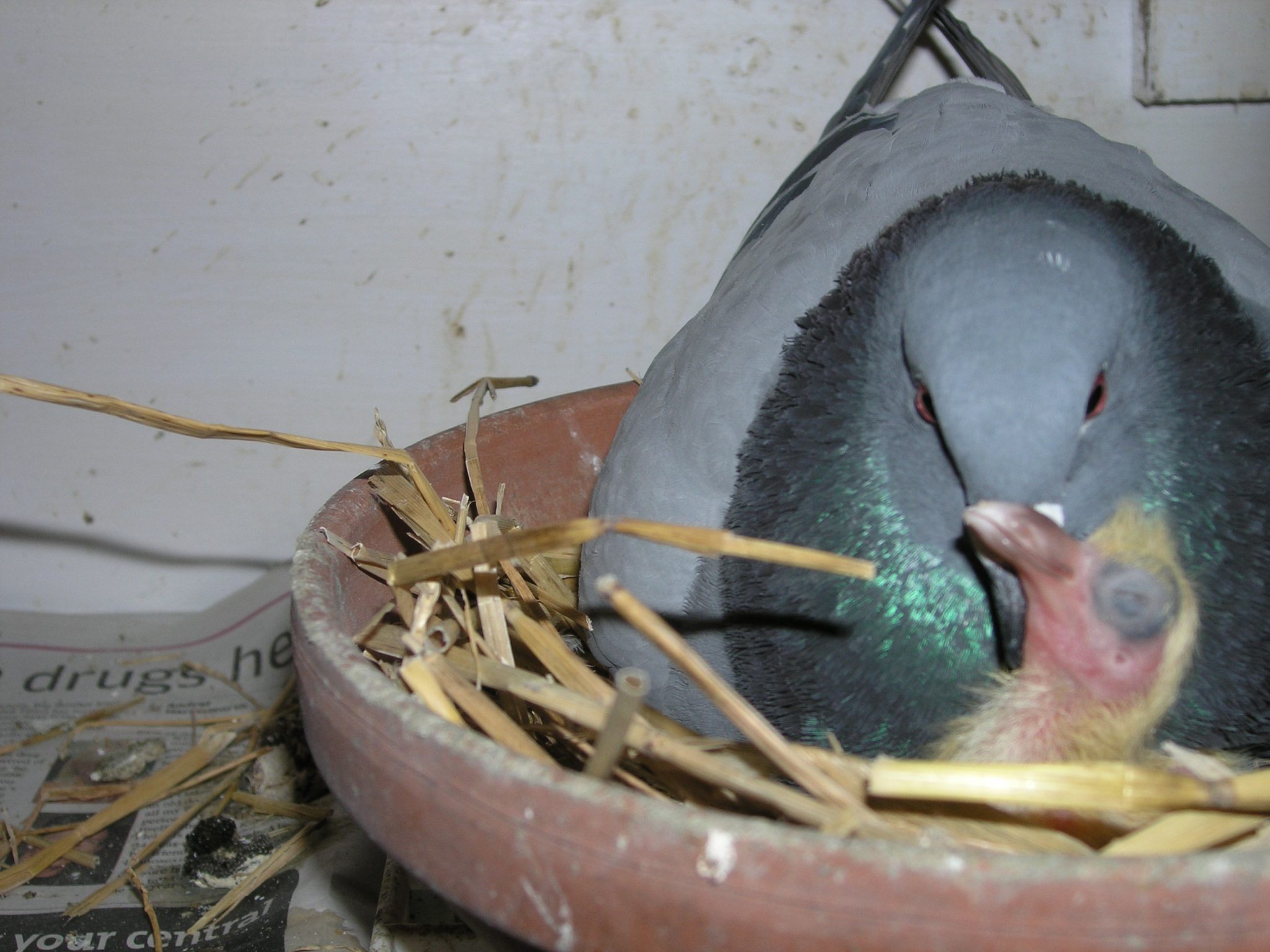 Because of Taiwan’s unique style of racing and the various breeding seasons, fanciers must cull, select and prepare their breeders several times a year to ensure the greatest possible fertility of eggs, the hatchability of young and the growth of strong, healthy young birds from their breeding loft.
Because of Taiwan’s unique style of racing and the various breeding seasons, fanciers must cull, select and prepare their breeders several times a year to ensure the greatest possible fertility of eggs, the hatchability of young and the growth of strong, healthy young birds from their breeding loft.
Breeding Pigeons – Breeding Program for Success Part 1
Keep all breeders on a protein diet of 20-22%, plus electrolytes, vitamins, minerals in the water two times a week 365 days a year. Keep your breeders on a regular schedule for feed time and feed at least three times a day when raising young. Change the water at least three times a day and sanitize the feed and water containers regularly. Keep feed, grit and water in the loft at all times when raising young. At no time should the breeders be without feed or water. Because of the warm climate, our breeders do not go through a moult like birds that have an extreme change in temperature; therefore our birds are breeding and moulting almost all year. This is a very stressful time and the birds must be feed properly. Many studies have proven that pigeons will be HEALTHIER and RACE / BRED BETTER when on a FIXED SCHEDULE.
1.The first priority is selecting breeding stock for health and vitality. Choose only the strongest and healthiest birds for the breeding loft.
2.Along with good health, breed from birds that have a good COMPASS or HOMING INSTINCT and NAVIGATION SKILLS. Without both health and homing instinct, you are wasting your time and money.
3.The most valuable birds in your loft are the good breeders. The basic rule in breeding is that the value of a pigeon is judged by the quality of its off-spring, but only after a fair number of young birds has been produced and raced.
4.The quality of each breeder can only be tested and measured by the race performance of their children and grandchildren. More than one tested pairing maybe necessary to achieve results. The training basket and race results are the real judge in who owns the “GOLDEN BREEDING PAIR”.
5.Our only goal is to breed and develop early maturing, tough endurance racing pigeons with strong navigation skills that will fly at all speeds, conditions and distances.
Breeding Pigeons – Breeding Program for Success Part 1
6.With accurate record keeping, fanciers have found certain matings give consistently better race results. The term “HIT PAIR or NICKING” has been used to describe these great results. It is based entirely on the racing and breeding performance of the past. It works on the idea that history tends to repeat itself in terms of both PROVEN and FAILED RESULTS. This is not a crystal ball, but it can give you an accurate picture of the past. Select for excellent health, homing ability, navigating skills, racing toughness, early maturity and easily motivated birds with proven race results.
7.Good pigeons will adjust over time to any type of conditions. The bloodlines from birds that have already proven themselves to be successful in Taiwan are the only birds we should be breeding. The birds that have “ADAPTED THROUGH NATURAL SELECTION AND SURVIVED THE RACE CONDITIONS GENERATION AFTER GENERATION”.
8. Bloodlines from proven breeders and champion racers should be in the 1st or 2nd generation of the pedigree. We must develop a breeding program one generation at a time. There is no genetic influence past the 3rd generation, and the possibility of going past the 4th generation without proven success is a WASTE OF TIME AND MONEY.
9. IMPORTANT – We want only race birds and proven breeders bloodlines 1st and 2nd generation from birds that have had success in Taiwan racing.
10.You must destroy or cull all poor quality birds and keep only the very best for breeding. The theory “Likes produce Likes” can be very true. Both good and bad hereditary traits are present in every bird. There are only two kinds of birds: GOOD ONES that can help you improve and BAD ONES that will cost you time, money and aggravation with poor results. When deciding to cull your breeding pigeons, forget all about names, fancy pedigrees, strains, costs, feelings (yours or others) and just look at the results. IF THE BIRD CAN HELP YOU MOVE AHEAD AND IMPROVE YOUR RESULTS, KEEP IT, IF NOT, GET RID OF IT. NO EXCUSES OR SECOND CHANCES, CULL IT.

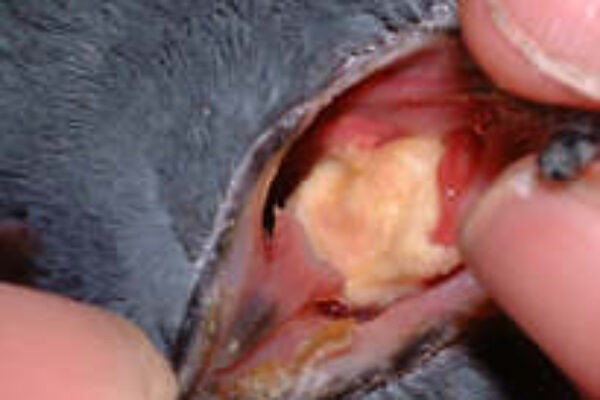
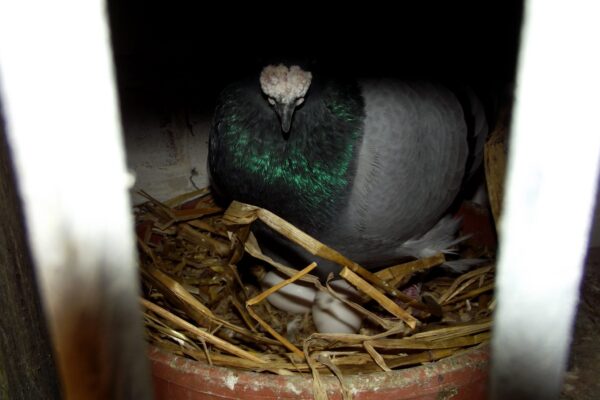
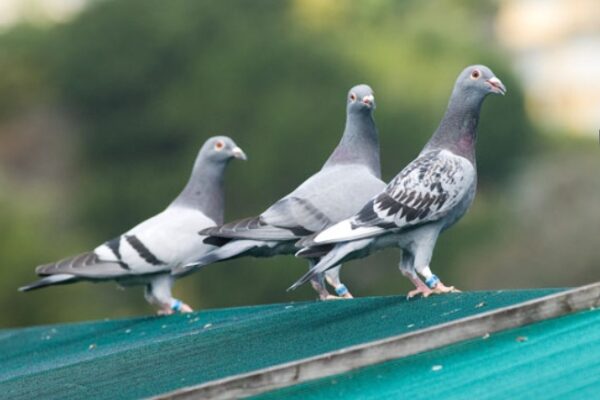
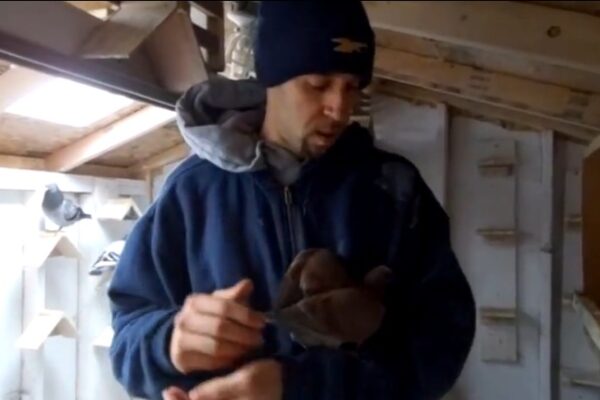
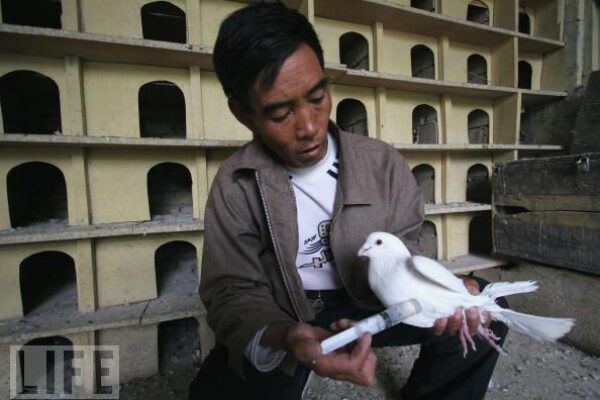
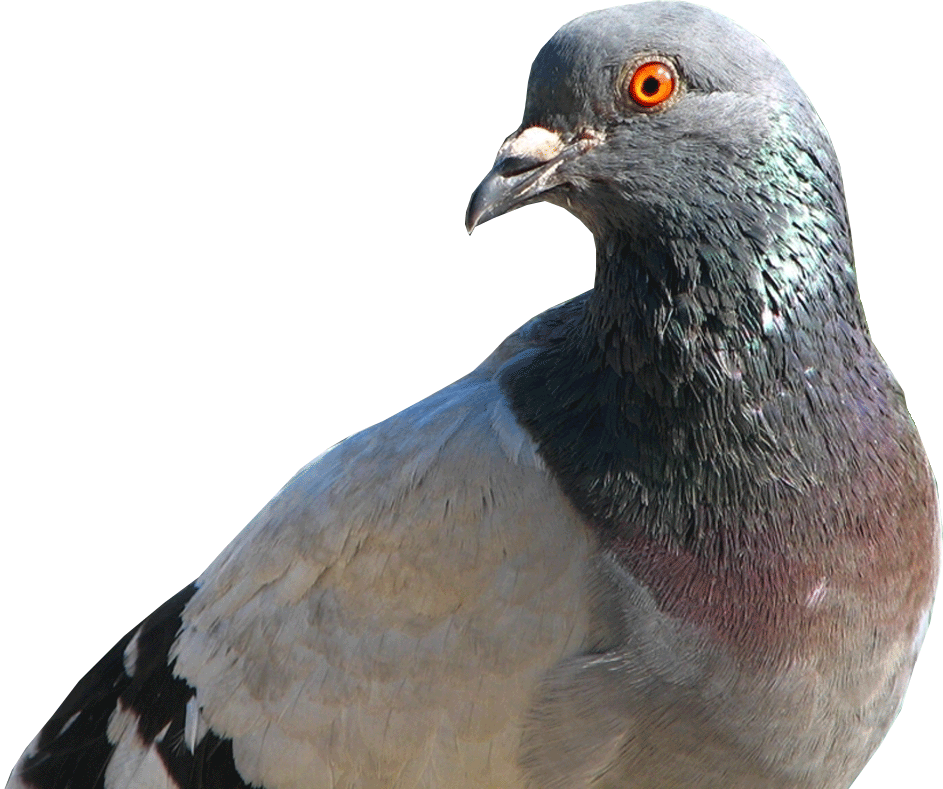
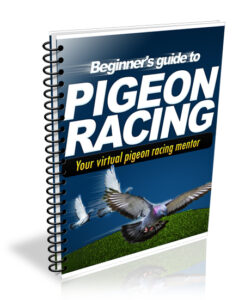
Unfortunately, tough culling has been shown to be ineffective, as problems with the birds are invariably down to variables of owner ignorance, in the environment, bad breeding by the owner or in the conditions. This is especially true in Asia. Culling is what gives this sport a bad name. If you don’t have respect for the animals, I suggest you take up gardening.
Couldn’t agree more, I think a lot of birds are unnecessary culled due to a fanciers incompetence, bad management of the birds and lack of knowledge…I once heard a pigeon fancier say everytime I go to my loft I cull a pigeon..I suppose he thinks that makes him a great fancier… BIG DEAL
Hi Chris this was another good read thanks.
That’s why my breeding loft is empty for the last 1 and a half year. I believe in only the best to the best will be put together to breed and this must meet my extreme strict criteria before i put any pigeon into my breeding loft, the nerve center. My youngest pigeon is now almost 2 years old. Through my breeding system I have now 75 m/h sprinters of up to 280 miles.
how manny setofbabys is safe to breed of pair of piegons thank you louie russo
Nice and important issue
Yes its good to get good stock birds, I have been cond into Buying Rubbish over the last 2 years.I think the best pigeons you get from friends Iff you can not trust them WHO can you Trust.
how can i get a old hen to lay more then 1 egg she is 12 years old and i got het from a fancier so can any one give me advice